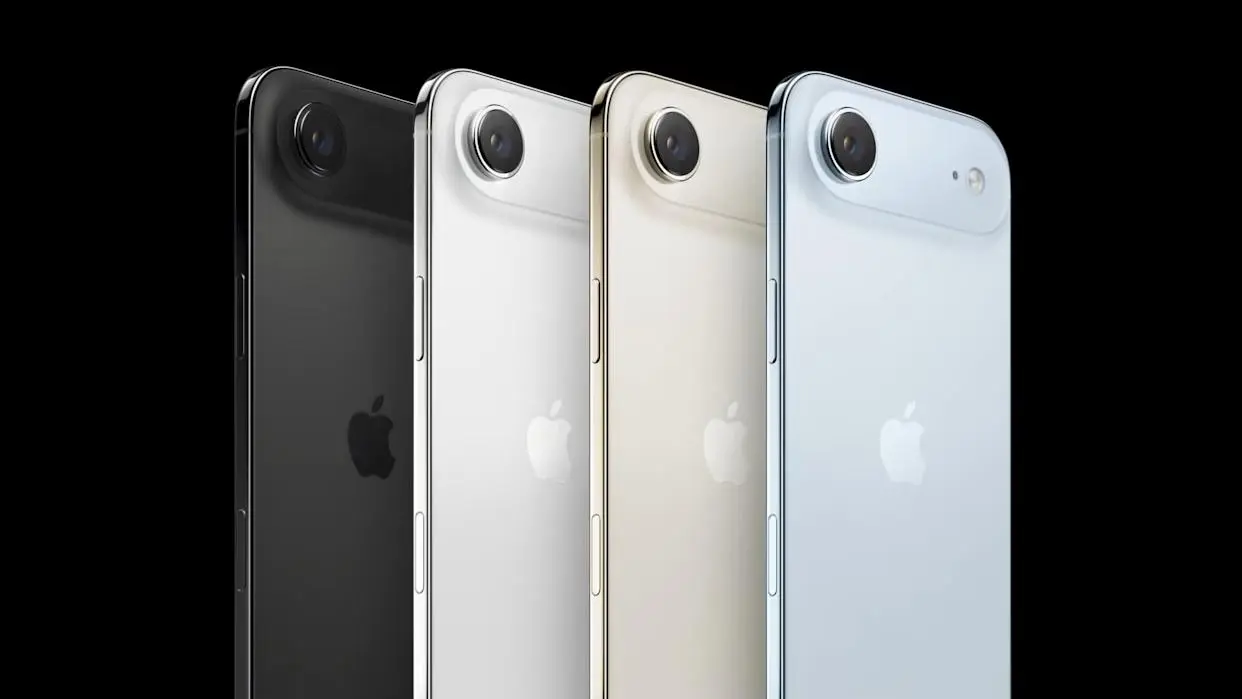Apple’s newest and thinnest iPhone Air model is fading much faster than expected. With global demand rapidly cooling, one of the world’s best-managed smartphone lines is experiencing a rare setback.
Battery and Price Disappointment
According to a recent report in Nikkei Asia, Apple has instructed its suppliers to significantly reduce iPhone Air production. This model’s share of total iPhone production has reportedly been reduced from 15% to less than 10%. Sources familiar with the matter indicate that production in November could fall to less than a tenth of September’s figures. This is a clear sign that the device could be quietly withdrawn from the market before the end of the year.

This slowdown contrasts sharply with the strong performance of other members of the series. Despite its late arrival due to eSIM approval delays in China, the initial excitement surrounding the iPhone Air has not translated to international markets.
The main problem is the device’s positioning and the compromised technical specifications:
- Price: With a price tag of $999, it’s positioned just below the Pro model, which is only $100 more expensive.
- Battery Life: The device’s lower-capacity 3,149 mAh battery didn’t meet the full-day battery life expected by users in 2025, and it was a deterrent for many.
Consumers have gravitated towards the iPhone Pro and Pro Max, which offer longer battery life and improved camera features, rather than ultra-thin designs. So much so that while these higher-end models still face weeks-long shipping delays, the Air is readily available at most retailers.
Industry analysts note that interest in ultra-thin phones is waning and the market is rapidly shifting to foldable devices. According to KeyBanc analysts, the iPhone Air was already seen as an experiment by Apple rather than a long-term product line.
Given that Apple’s first foldable phone, the iPhone Fold, is in the advanced stages for 2026, the company may already be shifting its resources towards this big leap. Some experts suggest the Air is a quiet experiment to test the limits of ultra-thin durability and ergonomics, which are crucial to the success of the upcoming Fold. Apple may not have initially anticipated the model itself becoming a major sales success.













